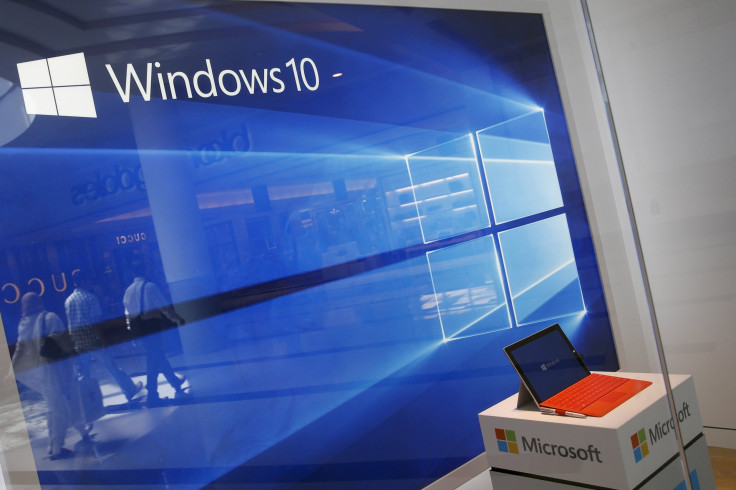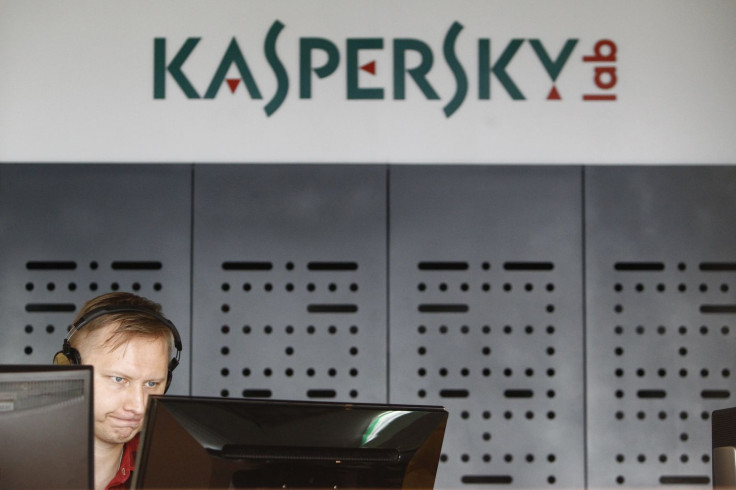Windows 10 Security: Russia Investigating Microsoft After Kaspersky Antitrust Complaint

Russian antitrust authorities are investigating Microsoft for possible abuse of dominance after antivirus maker Kaspersky Labs filed a complaint with the country’s Federal Antimonopoly Service (FAS). In its complaint, Kaspersky accused Microsoft of “using its dominating position in the market of operating systems to create competitive advantages for its own [antivirus] product.”
In a lengthy blog post Thursday, Kaspersky CEO Eugene Kaspersky said Microsoft gave independent antivirus developers only one week to make their software compatible with Windows 10, and even in the case of compatible antivirus being installed, the operating system kept prompting users to activate the inbuilt Windows Defender antivirus, which would automatically disable any third-party security software.
Kaspersky even quotes from George Orwell’s "Animal Farm" ("All animals are equal, but some animals are more equal than others.”) to drive home the point that Microsoft violates its own policy on the number of antivirus applications that can simultaneously run on its OS. He also says the inbuilt security program in Windows 10, Defender, “is far from the best protection you can get.”
That claim is echoed by various reviews and comparisons. According to av-test.org, Windows Defender scored a 3.5 on 6 for Windows 10, while at least a dozen third-party antivirus programs, including Kaspersky, scored 5.5 or higher on the protection scale in benchmarking carried out in October. Various other compilations of the best antivirus programs available, such as by PC magazine or PC Antivirus Reviews, do not list Windows Defender in the top 10 (they all feature Kaspersky).
PC Magazine even says: “Whichever Windows version you're using, your computer is theoretically under the protection of the built-in Microsoft Windows Defender. However, our hands-on tests and independent lab tests show that you're better off with a third-party antivirus solution.”

Taking up the Kaspersky complaint, Russia’s FSA said it is investigating Microsoft. Anatoly Golomolzin, deputy head of FAS, said a statement: “Since Microsoft itself develops antivirus software — Windows Defender that switches on automatically if third-party software fails to adapt to Windows 10 in due time, such actions lead to unreasonable advantages for Microsoft on the software market. Our task is to ensure equal conditions for all participants on this market.”
The fact that Windows has security flaws is no news, but the point was driven home recently when Google publicly announced a vulnerability in the OS after Microsoft did not fix the issue even a week after being informed of it by Google.
The Redmond, Washington, company has been at odds with Moscow the last few months. Russia announced in September it would start replacing some Microsoft products with local software to reduce reliance on foreign technology. The company also blamed Russian hackers from exploiting the vulnerability exposed by Google.
© Copyright IBTimes 2024. All rights reserved.



















